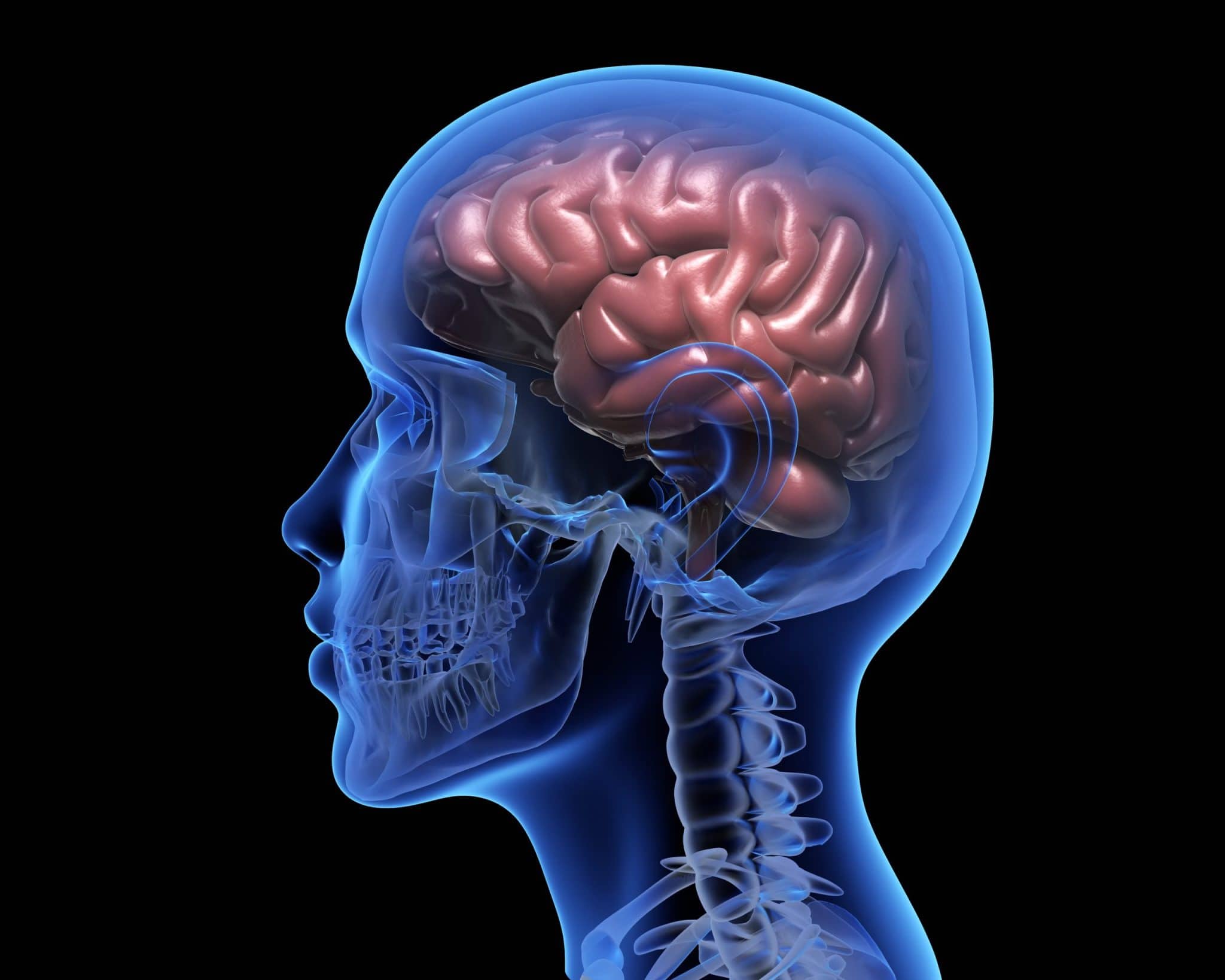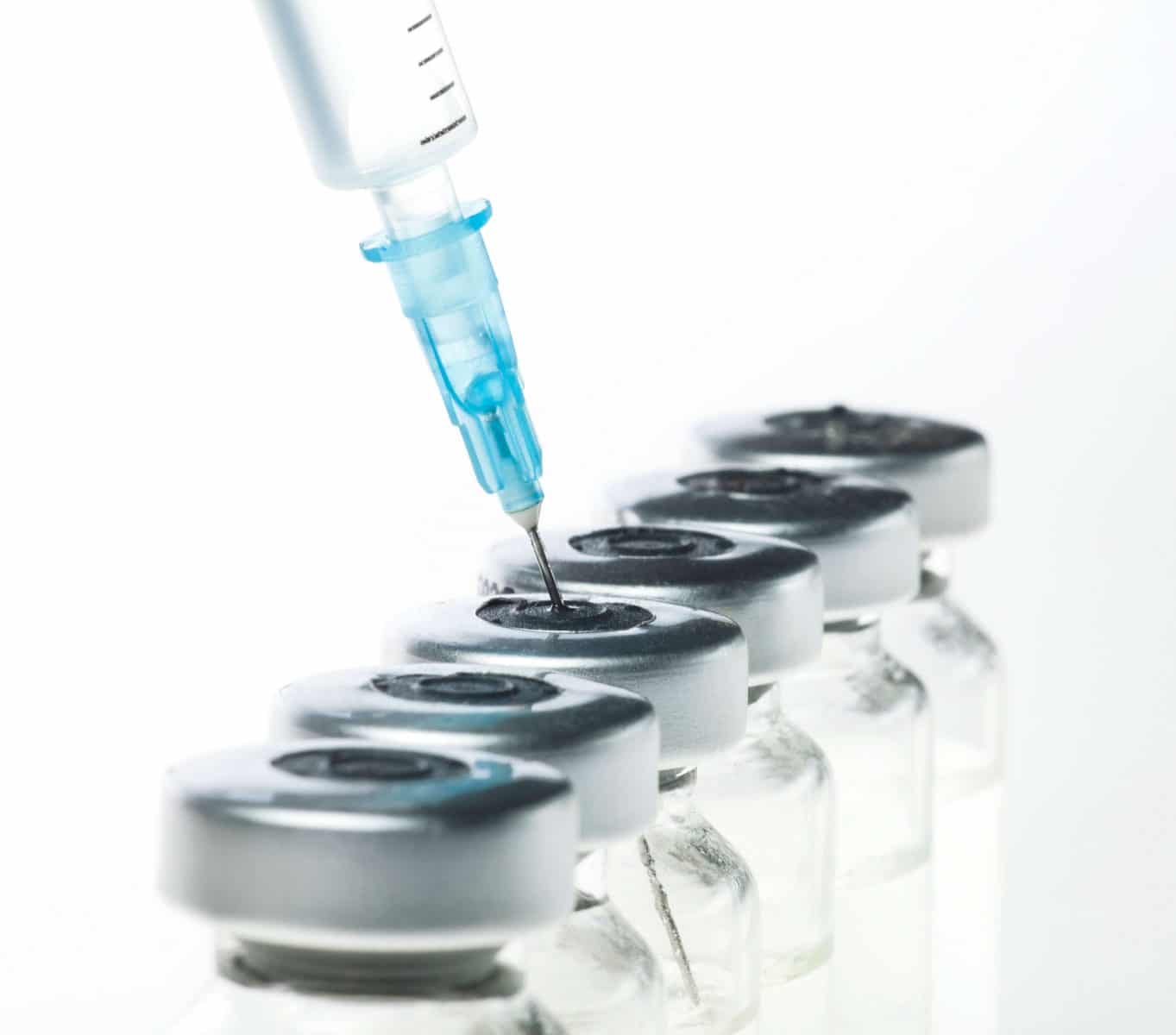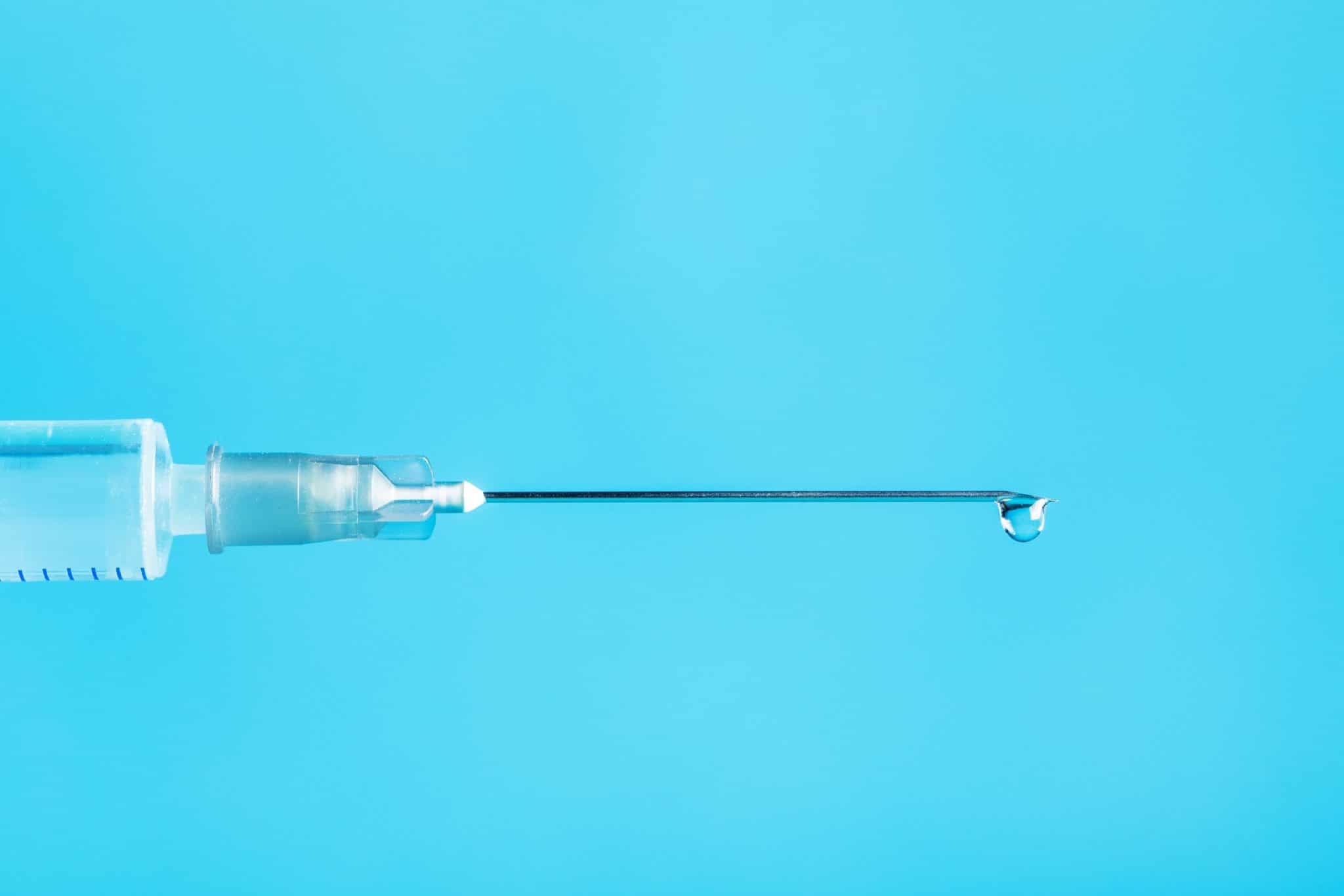What Is Vitamin B12?
Vitamin B12, also called cobalamin, is one of eight B vitamins and is essential to human life, supporting the nervous system and cardiovascular system. Most healthy individuals will obtain enough from their diet alone, as it can be found in meat, seafood and animal products, such as milk.
How Is Vitamin B12 Used?
Vitamin B12 is a cofactor in DNA synthesis, meaning it acts as a helper molecule to create new DNA and keep cells healthy. It plays an important role in the formation of red blood cells and myelin, the fatty substance that forms sheaths surrounding nerve cells, insulating the “wires” along which the nervous system’s electrical impulses travel.

How Much Vitamin B12 Do You Need per Day?
According to the Mayo Clinic, adults should consume 2.4 micrograms of B12 each day. Individuals with risk factors for cobalamin deficiency should consult their physician for more detailed recommendations.
Benefits of Vitamin B12
Maintaining healthy levels of vitamin B12 may have a number of benefits, including
- Preventing anemia
- Supporting healthy pregnancy
- Supporting bone health
- Reducing osteoporosis risk
- Improving mood
- Preventing memory loss








